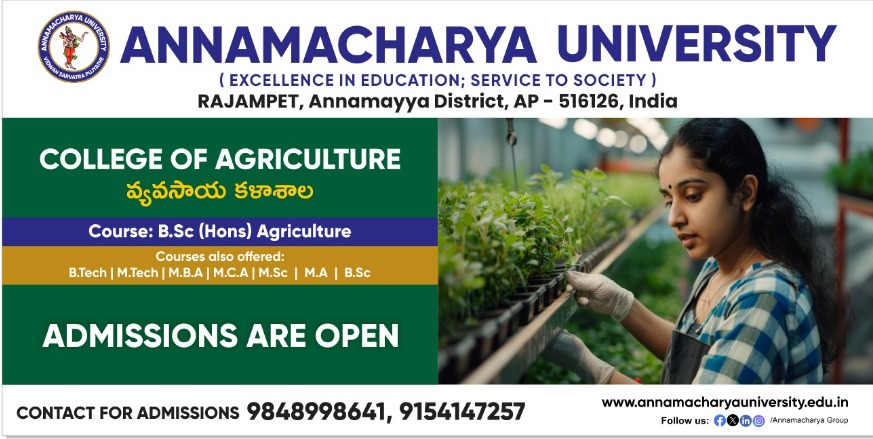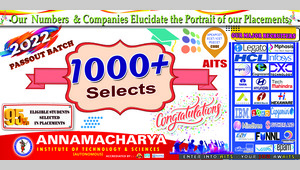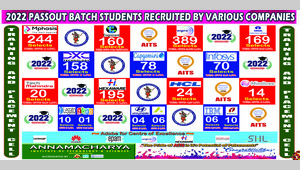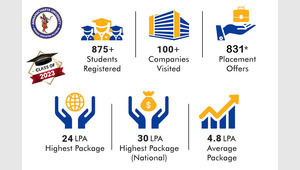Department
Civil Engineering
Vision
To be a leading department in civil engineering, recognized for excellence in education and research, dedicated to developing innovative and ethically-minded engineers who advance sustainable development and societal well-being.
Mission
M1: To uphold the values of ‘Vidwan Sarvatra Pujyathey’ by providing civil engineering education that emphasizes ethical conduct, knowledge, and professional excellence.
M2: To deliver high-quality education through innovative teaching, rigorous research, and the promotion of critical thinking and problem-solving skills.
M3: To foster a supportive and inclusive environment that inspires graduates to contribute positively to society through sustainable and impactful civil engineering solutions.
Program Educational Objectives (PEOs)
PEO 1: Graduates will utilize innovative approaches and critical thinking to tackle complex civil engineering challenges, promoting sustainable infrastructure development.
PEO 2: Graduates will uphold high ethical standards and professional integrity, reflecting the values of ‘Vidwan Sarvatra Pujyathey’ in their work and interactions.
PEO 3: Graduates will engage in impactful research and development, advancing civil engineering knowledge and technological innovations for societal benefit.
PEO 4: Graduates will actively contribute to their communities through inclusive practices and sustainable solutions, emphasizing service and societal advancement.
Program Outcomes (POs)
PO1: Engineering knowledge: Apply the knowledge of mathematics, science, engineering fundamentals, and an engineering specialization to the solution of complex engineering problems.
PO2: Problem analysis: Identify, formulate, review research literature, and analyze complex engineering problems reaching substantiated conclusions using first principles of mathematics, natural sciences, and engineering sciences.
PO3: Design/development of solutions: Design solutions for complex engineering problems and design system components or processes that meet the specified needs with appropriate consideration for the public health and safety, and the cultural, societal, and environmental considerations.
PO4: Conduct investigations of complex problems: Use research-based knowledge and research methods including design of experiments, analysis and interpretation of data, and synthesis of the information to provide valid conclusions.
PO5: Modern tool usage: Create, select, and apply appropriate techniques, resources, and modern engineering and IT tools including prediction and modeling to complex engineering activities with an understanding of the limitations.
PO6: The engineer and society: Apply reasoning informed by the contextual knowledge to assess societal, health, safety, legal and cultural issues and the consequent responsibilities relevant to the professional engineering practice.
PO7: Environment and sustainability: Understand the impact of the professional engineering solutions in societal and environmental contexts, and demonstrate the knowledge of, and need for sustainable development.
PO8: Ethics: Apply ethical principles and commit to professional ethics and responsibilities and norms of the engineering practice.
PO9: Individual and team work: Function effectively as an individual, and as a member or leader in diverse teams, and in multidisciplinary settings.
PO10: Communication: Communicate effectively on complex engineering activities with the engineering community and with society at large, such as, being able to comprehend and write effective reports and design documentation, make effective presentations, and give and receive clear instructions.
PO11: Project management and finance: Demonstrate knowledge and understanding of the engineering and management principles and apply these to one’s own work, as a member and leader in a team, to manage projects and in multidisciplinary environments.
PO12: Life-long learning: Recognize the need for, and have the preparation and ability to engage in independent and life-long learning in the broadest context of technological change.
Program Specific Outcomes (PSOs)
PSO 1: Graduates will demonstrate advanced technical skills and knowledge in civil engineering, applying cutting-edge methods to design and analyze complex infrastructure projects.
PSO 2: Graduates will effectively incorporate sustainable engineering practices and principles into their projects, addressing environmental and societal impacts in their engineering solutions.





